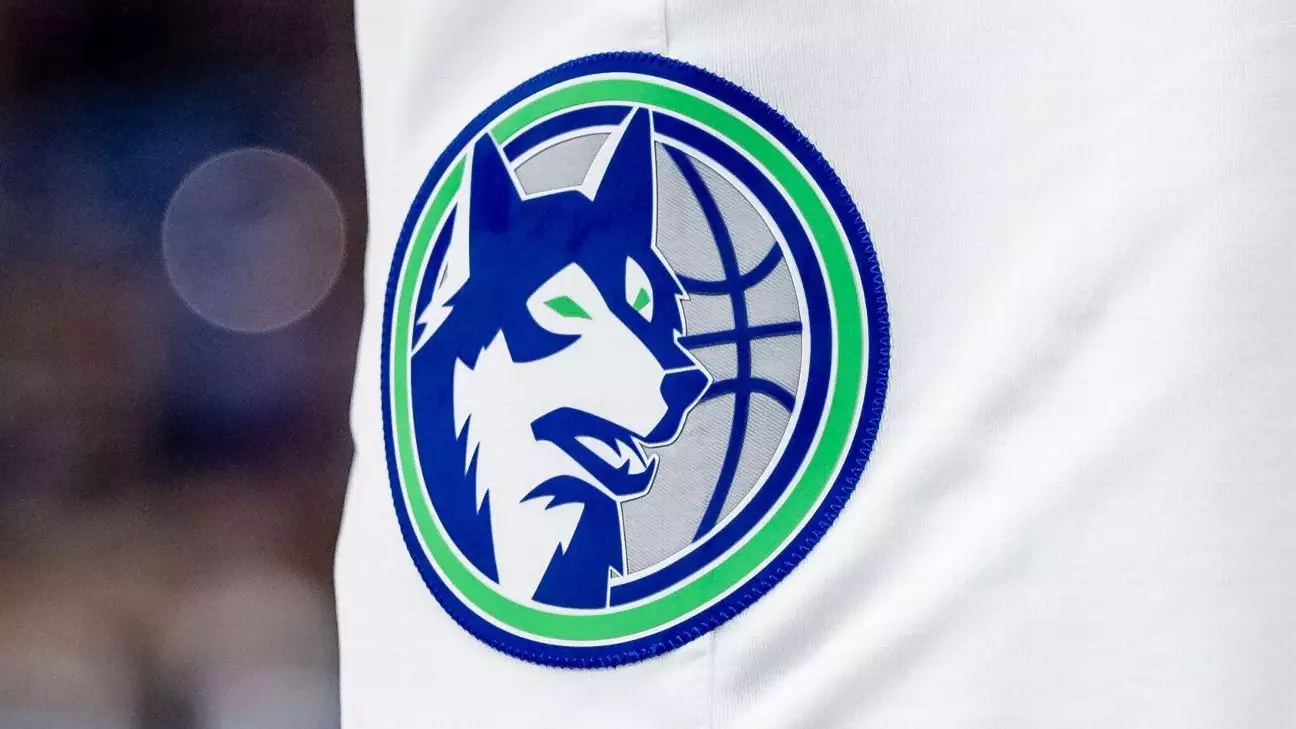The Minnesota Timberwolves and Lynx find themselves at the heart of a complex ownership saga following a pivotal arbitration ruling that has far-reaching implications for the franchise’s future. Prospective owners Marc Lore and Alex Rodriguez have received a significant endorsement from a three-person arbitration panel, allowing them to press forward in their quest to gain majority ownership from the current owner, Glen Taylor. This major decision introduces a layer of intrigue into a situation that has been fraught with tension and uncertainty.
The arbitration panel’s ruling, announced this past Monday, underscores the legal and financial intricacies that characterize sports ownership transactions. The panel sided with Lore and Rodriguez, concluding that Taylor had breached the terms of the sales agreement when he publicly declared that the duo had missed a payment deadline crucial to their acquisition of an 80% stake in the teams. This decision not only legitimizes Lore and Rodriguez’s position but sets the stage for a high-stakes vote among NBA owners, which will determine whether the prospective owners can solidify their control over the Timberwolves and Lynx.
At the heart of this dispute lies a complicated sales agreement struck in 2021, under which Taylor had agreed to sell the teams for a total valuation of $1.5 billion—a figure that now seems undervalued in light of recent transactions in the NBA. The ruling reflects a growing recognition that the market for NBA franchises has significantly evolved since the original agreement, raising questions about how competitive ownership can navigate such shifting valuations.
In light of the arbitration ruling, Lore and Rodriguez are moving swiftly to reassure NBA owners of their financial footing. The pair has reportedly amassed an additional $950 million in funding, with the money securely placed in an escrow account, ready to finalize the acquisition. The involvement of high-profile figures, including former New York City Mayor Michael Bloomberg and former Google CEO Eric Schmidt, highlights a concerted effort to bolster their bid’s financial legitimacy. Their investment not only brings additional capital but also credibility and networking power, which could sway some of the 30 current NBA owners who will have to approve the sale.
However, a compelling financial proposal alone may not guarantee a smooth transition. The approval of the ownership transfer requires the assent of at least 23 of the board of governors, which poses a significant challenge considering Taylor’s established relationships and influence within the NBA. With Taylor having been a majority owner since 1994, his connections and tenure may play crucial roles in the impending deliberations. Despite this, Lore and Rodriguez are reportedly proactive, having engaged numerous current owners in discussions to build support well ahead of any formal vote.
The Timberwolves and Lynx’s ownership dispute is about far more than just money; it touches on the emotions and aspirations of the teams’ passionate fan base. Both Lore and Rodriguez have expressed their commitment to bringing success to Minnesota, framing their ownership ambitions as a partnership with the community. Their sentiment resonates in a region that has often felt overlooked in the national sports conversation. The duo’s vision for the franchise includes a focus on winning championships and fostering a sense of pride among fans.
In stark contrast, Taylor’s tenure has seen a series of ups and downs, including historical playoff struggles and periods of management indecision. Though he recently cited a positive trajectory for the teams, the seeming acknowledgement of their historical valuation plummeting amidst rising market prices illustrates the complexities Taylor faces as he contemplates relinquishing control.
While the arbitration ruling delivers a critical win for Lore and Rodriguez, the road ahead remains fraught with unpredictability. Glen Taylor has not ruled out a continued fight against the sale, indicating that the saga may not conclude smoothly. His statement reflecting disappointment in the decision leaves the door open for potential future disputes, which could complicate or delay the transfer of ownership even further.
The Timberwolves and Lynx ownership drama encapsulates the interplay of law, finance, and personal ambition within professional sports. As the future hangs in the balance, the forthcoming vote by the board of governors will be telling of not just the Timberwolves’ future, but of the evolving landscape of major league sports ownership in America. As all parties prepare for the next steps, Minnesota fans are left hoping that this chapter begins a new era of success for their beloved teams.

